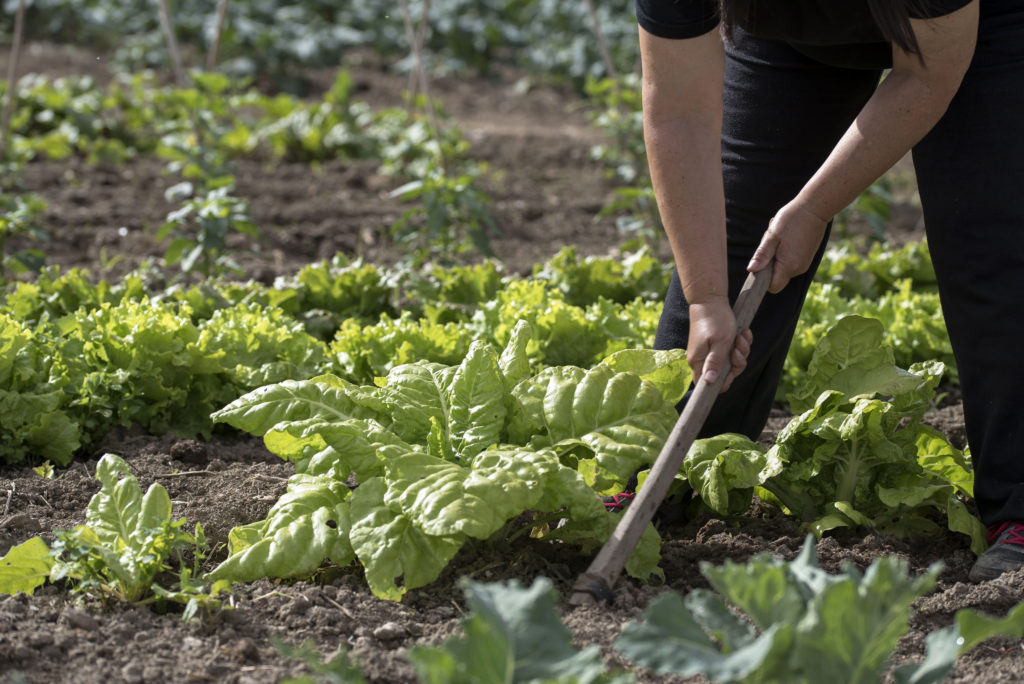The Foodnected community of practice presented its core values to build new food systems
The Foodnected project starts sharing its approach to local, fair and sustainable food systems.
A joint project by Slow Food, Global Footprint Network, Low Impact Fishers of Europe (LIFE) and GOB Menorca, supported by the MAVA Foundation, Foodnected introduced its foundational structure: the Foodnected Community of Practice (CoP), an organized group of small producers, consumers, and other key players of the food system, with shared views on sustainability.

Italy, June 30th, 2021.
During the webinar Foodnected: the importance of the community of practice, organized on June 30 during the 2021 Slow Food international event Slow Fish, the Foodnected Community of Practice (CoP) was introduced through the presentation of its core values and scope, governance and functioning structure. The discussion focused on social relationships and structures that allow people to improve skills and learn from each other’s experiences.
The CoP is comprised of a diverse and comprehensive set of stakeholders (and their networks), including consumers, in short value chains. Its purpose is to generate and share experiences and best practices, to seek workable solutions to common challenges, and to build synergies that facilitate the transition towards fair and sustainable food systems with a low Ecological Footprint, starting in the Mediterranean region.
In this context, the CoP members agree that sustainability entails recognizing the close interdependence of different aspects of food production and consumption: economic, environmental and socio-cultural. Consequently, each goal must be set and pursued as part of a strategy that takes all the other dimensions into account.
All co-producers
“That our lifestyles are no longer sustainable is now an established fact. Because all of us eat, we all share the responsibility to move towards sustainability: farmers, fishers, processors, policy makers, and members of the public can all influence the food system through the decisions they make. But this sense of co-responsibility is lacking in current food systems. This is partly due to the fact that policies are designed through a top-down approach. Additionally, the system is really fragmented. Current food systems tend to separate farmers from fishers, from cheesemakers, etc. when the reality is that all of them are interconnected. The holistic view is missing,” said Paula Barbeito, Foodnected Coordinator at Slow Food.
In order to identify the core values of the CoP, the Foodnected team conducted a search for pertinent examples of initiatives supporting the goal of enhancing short-chain food systems that work for both people and the planet.
After reviewing over 100 projects from 15 different countries and conducting workshops with stakeholders, the Foodnected definition of fair and sustainable food systems was built around five pillars and ten core values.
These systems must ensure:
• access to food of high nutritional quality
• fair economic returns for small-scale producers
• local development and recognition of women and younger generations
• respect of the seasonality and the interconnectivity of ecosystems
• preservation of local traditional knowledge.
In addition to shaping our culture, food is a fundamental aspect of nutritional security and represents an important source of income and employment, supporting livelihoods in many regions. However, factors such as the intensification of production, the concentration of the food sector in fewer hands, or the marketing and distribution of a reduced number of varieties, have led to poor resource management and environmentally damaging production methods. All these aspects affect our health and the health of ecosystems and, at the same time, lead to the loss of traditional knowledge and community resilience. Future food systems must incorporate social relations of production, trade and consumption patterns that provide healthy diets and ultimately determine fair and sustainable practices. Foodnected communities and people thus commit themselves to contributing to change the food system following these core values:
• Food sovereignty, quality and health
• Fair price through short supply chains
• Ensuring justice and equity
• Fair and inclusive governance
• Increased transparency and accountability
• Job creation and local development
• Agroecology and low impact fishing
• Honoring nature
• Empowerment, creativity and collaboration
• Scientific support to traditional ecological knowledge (TEK)
In the coming months, building on core values and constructive discussions with stakeholders, the project will provide guidelines to help the producers implement them in the pilot sites (Menorca, Ibiza and Sicily) and track progress. The project will also offer greater visibility to the initiatives of its members, support collaboration among professionals, and scale-up experiences among short supply chain actors to ease transfer of knowledge among professionals.
